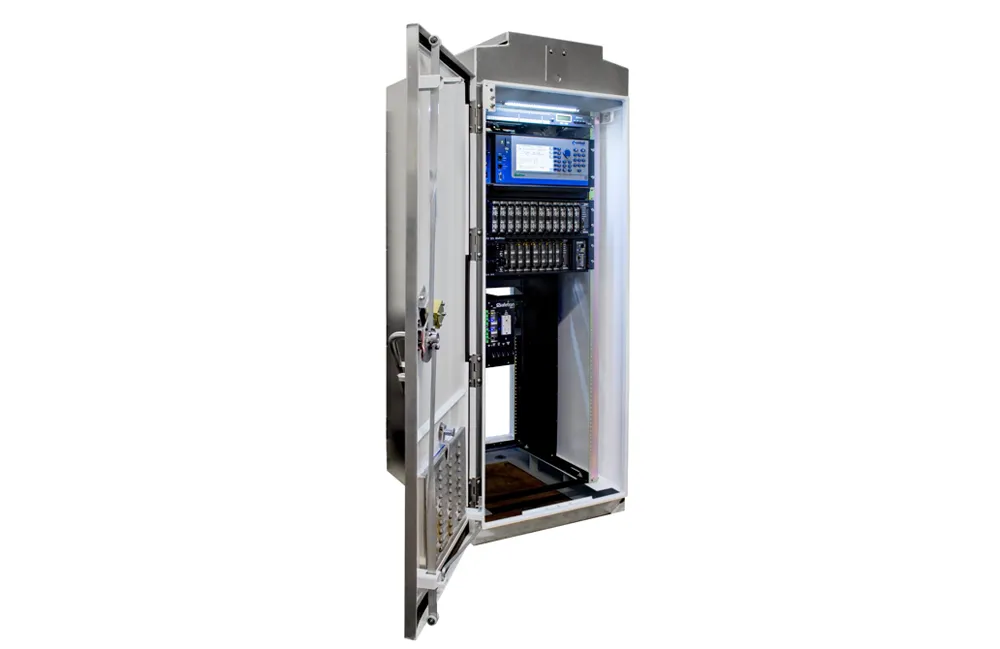Cepton - a provider of 3D sensing solutions - is to combine its Sora-P60 lidar with MechaSpin’s MSx software with the aim of enabling immediate profiling of vehicles at highway speeds in a range of weather and lighting conditions.
Neil Huntingdon, Cepton’s vice president of business development, says: “Our partnership with MechaSpin will allow for faster, more accurate and lower cost management of our transport infrastructure as the number of vehicles continues to grow globally.”
Cepton says the solution will remove the need for physical infrastructure while providing data on vehicle velocity, size and axle counts in a format which can be integrated with other sensor, data capture and billing systems. The hardware is designed for aerial installation and contains minimal moving parts to reduce the likelihood of failure, the company adds.
MechaSpin’s president Danny Kent says: “Cepton's lidar technology coupled with MechaSpin's MSx Processing Engine offers a robust solution for tolling, intermodal and other transportation industry applications.”
Cepton and Mechaspin launch lidar tolling solution
Cepton Technologies is working with machine learning company MechaSpin to develop a lidar-based solution that produces detailed 3D classification of vehicles in real time for automated tolling applications.
November 13, 2019
Read time: 1 min









